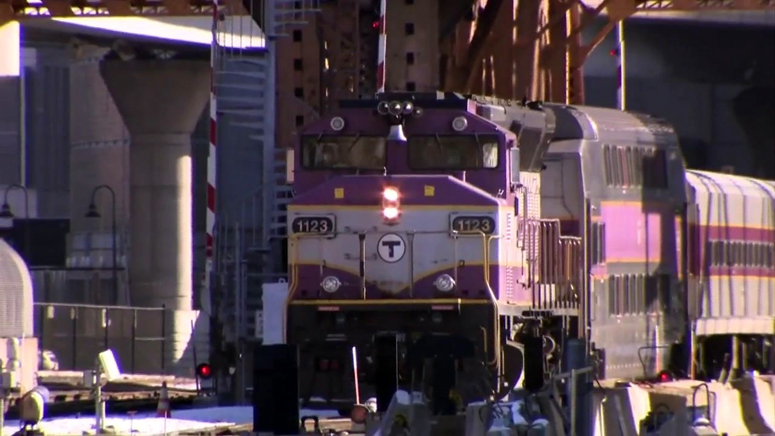SEC. 7613. LIMITATION ON CERTAIN ROLLING STOCK PROCUREMENTS; CYBERSECURITY CERTIFICATION FOR RAIL ROLLING STOCK AND OPERATIONS.
Section 5323 of title 49, United States Code, is amended by adding at the end the following:
(u) LIMITATION ON CERTAIN ROLLING STOCK PROCUREMENTS.—
(1) IN GENERAL.—Except as provided in paragraph (5), financial assistance made available under
this chapter shall not be used in awarding a contract or subcontract to an entity on or after the date of enactment of this subsection for the procurement of rolling stock for use in public transportation if the manufacturer of the rolling stock—
(A) is incorporated in or has manufacturing facilities in the United States; and
(B) is owned or controlled by, is a subsidiary of, or is otherwise related legally or financially to a corporation based in a country that—
(ii) was identified by the United States Trade Representative in the
most recent report required by section 182 of the Trade Act of 1974 (19 U.S.C. 2242) as a foreign country included on the priority watch list defined in subsection (g)(3) of that section; and
(iii) is subject to monitoring by the Trade Representative under section 306 of the Trade Act of 1974 (19 U.S.C. 2416).
(2) EXCEPTION.—For purposes of paragraph (1), the term ‘otherwise related legally or financially’ does not include a minority relationship or investment.
(3) INTERNATIONAL AGREEMENTS.—This subsection shall be applied in a manner consistent with the obligations of the United States under international agreements.
(4) CERTIFICATION FOR RAIL ROLLING STOCK.—
(A) IN GENERAL.—Except as provided in paragraph (5), as a condition of financial assistance made available in a fiscal year under
section 5337, a recipient that operates rail fixed guideway service shall certify in that fiscal year that the recipient will not award any contract or subcontract for the procurement of rail rolling stock for use in public transportation with a rail rolling stock manufacturer described in paragraph (1).
(B) SEPARATE CERTIFICATION.—The certification required under this paragraph shall be in addition to any certification the Secretary establishes to ensure compliance with the requirements of paragraph (1).
(5) SPECIAL RULES.—
(A) PARTIES TO EXECUTED CONTRACTS.—This subsection, including the certification requirement under paragraph (4), shall not apply to the award of any contract or subcontract made by a public transportation agency with a rail rolling stock manufacturer described in paragraph (1) if the manufacturer and the public transportation agency have executed a contract for rail rolling stock before the date of enactment of this subsection.
(B) ROLLING STOCK.—Except as provided in subparagraph (C) and for a contract or subcontract that is not described in subparagraph (A), this subsection, including the certification requirement under paragraph (4), shall not apply to the award of a contract or subcontract made by a public transportation agency with any rolling stock manufacturer for the 2-year period beginning on or after the date of enactment of this subsection.
(C) EXCEPTION.—Subparagraph (B) shall not apply to the award of a contract or subcontract made by the Washington Metropolitan Area Transit Authority.



